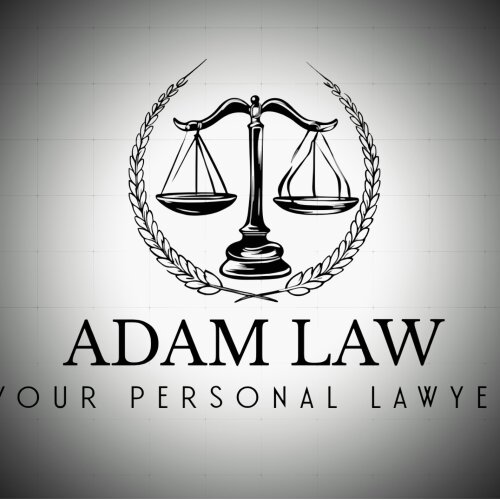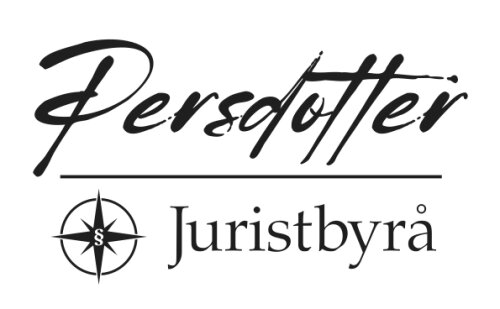
Best Franchising Lawyers in Stockholm
Share your needs with us, get contacted by law firms.
Free. Takes 2 min.
List of the best lawyers in Stockholm, Sweden

About Franchising Law in Stockholm, Sweden
Franchising is a method of business expansion where a franchisor grants the franchisee the rights to use its trademark, brand, and operational model. In Stockholm, Sweden, franchising has become a popular business model, particularly in sectors such as retail, food and beverage, and services. Swedish laws regulate franchising to ensure fair practices and protect the interests of all parties involved. Understanding the legal framework governing franchising in Stockholm is essential for both franchisors and franchisees to ensure compliance and to foster successful business relationships.
Why You May Need a Lawyer
There are several scenarios where legal assistance may be required in the franchising domain:
- Drafting and Reviewing Franchise Agreements: A lawyer can help draft and review franchise agreements to ensure they are legally sound and protect your interests.
- Compliance with Local Regulations: Navigating the complex web of local regulations can be challenging. A lawyer can help ensure your franchise complies with all relevant laws.
- Dispute Resolution: Disputes between franchisors and franchisees can arise. Legal counsel can help resolve these issues through negotiation, mediation, or litigation.
- Intellectual Property Protection: Protecting your brand and trademarks is crucial in franchising. A lawyer can help with the registration and enforcement of intellectual property rights.
- Expansion and Termination: Whether you’re expanding your franchise network or looking to terminate a franchise agreement, legal advice can ensure the process is smooth and compliant with the law.
Local Laws Overview
Understanding the key legal aspects of franchising in Stockholm is crucial for successful operations:
- Franchise Disclosure Document (FDD): Swedish law does not mandate a specific franchise disclosure document, but it is advisable to provide comprehensive information to potential franchisees.
- European Code of Ethics for Franchising: While not legally binding, the European Code of Ethics for Franchising is widely respected and can serve as a guideline for fair practices in franchising agreements.
- Competition Law: Swedish competition law, compliant with EU regulations, governs franchising to prevent anti-competitive practices. Vertical agreements, including franchising, must comply with these regulations.
- Intellectual Property Laws: Franchisors must ensure their trademarks and other intellectual property are adequately protected under Swedish law.
- Employment Laws: Franchisees must comply with Swedish labor laws when hiring and managing employees.
Frequently Asked Questions
1. What is franchising?
Franchising is a business model where a franchisor grants a franchisee the right to operate a business using its brand, trademark, and operational methods.
2. Do I need a franchise agreement?
Yes, a franchise agreement is essential. It outlines the terms and conditions of the relationship between the franchisor and the franchisee.
3. Is franchising regulated in Sweden?
While Sweden does not have franchise-specific legislation, it is governed by general commercial, competition, and contract laws.
4. What should be included in a franchise agreement?
A franchise agreement should include details about fees, obligations of both parties, operational guidelines, and terms for renewal or termination.
5. Can franchise agreements be negotiated?
Yes, many aspects of a franchise agreement can be negotiated. It’s advisable to seek legal help to understand what terms can be adjusted.
6. What are my rights as a franchisee?
Franchisees have the right to receive accurate information, use the franchisor's brand and operational model, and receive ongoing support as per the franchise agreement.
7. What are my obligations as a franchisor?
As a franchisor, you must provide the franchisee with the necessary resources, training, and support to operate the franchise successfully.
8. How can I resolve disputes with my franchisor/franchisee?
Disputes can be resolved through negotiation, mediation, arbitration, or by taking legal action, depending on the nature of the disagreement and the terms of the franchise agreement.
9. How long does a franchise agreement last?
The duration of a franchise agreement varies. It should be clearly stated in the agreement, along with conditions for renewal or termination.
10. Can a franchise agreement be terminated early?
Early termination is possible under certain conditions such as breach of contract, insolvency, or mutual agreement. Specific terms should be outlined in the franchise agreement.
Additional Resources
For further assistance and information on franchising in Stockholm, consider reaching out to the following resources:
- Swedish Franchise Association: An organization that provides support and resources for both franchisors and franchisees.
- Swedish Companies Registration Office (Bolagsverket): For business registration and compliance matters.
- European Franchise Federation: Offers guidelines and resources tailored for European franchising operations.
- The Swedish Patent and Registration Office (PRV): For intellectual property rights registration and protection.
Next Steps
If you need legal assistance in franchising, consider the following steps:
- Consult a Specialized Lawyer: Look for a lawyer specializing in franchising to get expert advice tailored to your specific needs.
- Prepare Relevant Documents: Gather all necessary documents, including draft agreements, business plans, and correspondence, to help your lawyer provide accurate advice.
- Schedule a Consultation: Set up an initial meeting with your lawyer to discuss your situation and outline the next steps.
- Stay Informed: Keep abreast of any changes in local laws and regulations that may impact your franchise.
Lawzana helps you find the best lawyers and law firms in Stockholm through a curated and pre-screened list of qualified legal professionals. Our platform offers rankings and detailed profiles of attorneys and law firms, allowing you to compare based on practice areas, including Franchising, experience, and client feedback.
Each profile includes a description of the firm's areas of practice, client reviews, team members and partners, year of establishment, spoken languages, office locations, contact information, social media presence, and any published articles or resources. Most firms on our platform speak English and are experienced in both local and international legal matters.
Get a quote from top-rated law firms in Stockholm, Sweden — quickly, securely, and without unnecessary hassle.
Disclaimer:
The information provided on this page is for general informational purposes only and does not constitute legal advice. While we strive to ensure the accuracy and relevance of the content, legal information may change over time, and interpretations of the law can vary. You should always consult with a qualified legal professional for advice specific to your situation.
We disclaim all liability for actions taken or not taken based on the content of this page. If you believe any information is incorrect or outdated, please contact us, and we will review and update it where appropriate.















